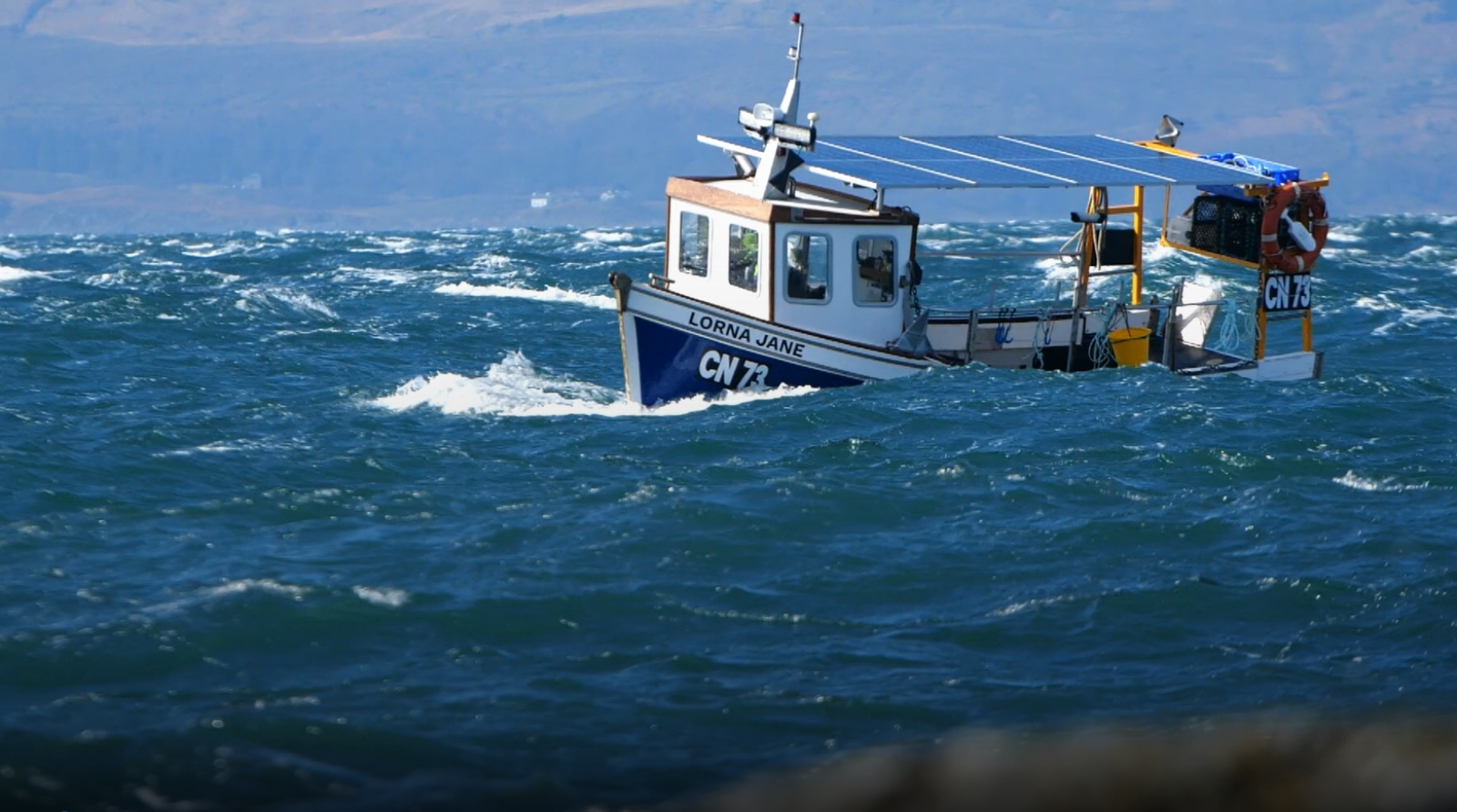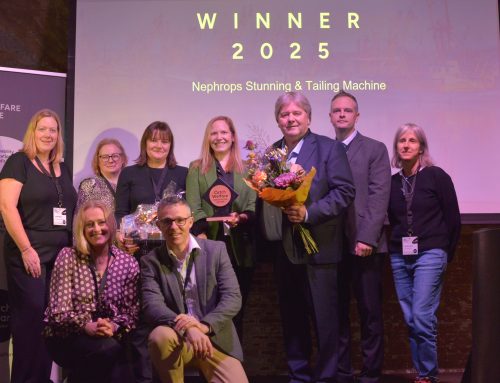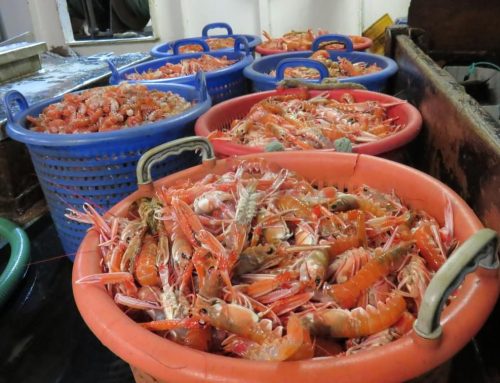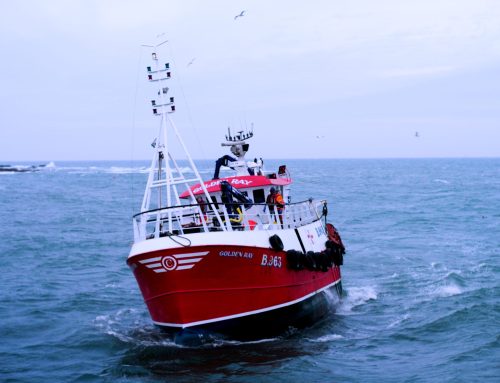Over the past 2 years, FIS has been delighted to work alongside Hans Unkles, inshore fisherman from Tayvallich, Argyll and Bute, on the west coast of Scotland, as he created the UK’s first fully electric, MCA accredited commercial fishing vessel.
Alternative fuels in commercial fishing don’t come without technical, regulatory and financial hurdles which will need to be addressed before widespread industry investment and adoption becomes viable. But despite the challenges and high cost of conversion to solar, Hans’ passion for protecting the planet and desire to bridge the gap between fishermen and regulatory bodies were the driving forces behind refitting his 21ft vessel the Lorna Jane.
The project has opened up a discussion within the industry about retrofitting options for existing smaller vessels; concept designs for new build vessels have already been produced by Macduff Ship Design as part of the FIS Net Zero Vessels Project.
Following the Lorna Jane being tested at sea, Hans explains the vessel’s solar capacity:
“A 2/3-day week is feasible purely from solar. I still averaged over 22 miles a working day, and last year August had the biggest mileage, which was almost entirely from solar.
During the summer and up until the equinoxes, the solar input keeps up with all my needs. The boat charges while in use, and the days when lobster creels are soaking enables the batteries to recharge up to 90%.”
As part of the outputs of the project, Hans has developed a website to track his journey to ditching diesel. With key findings from the project including: MCA approval, funding, performance, cost breakdown, hardware and the build/conversion.
“I have always believed that – and this especially applies to fishing – if you are not evolving your methods and practices, you are only hanging on before you go backwards.”
To learn more about the project, see here, or get in touch with Hans.






